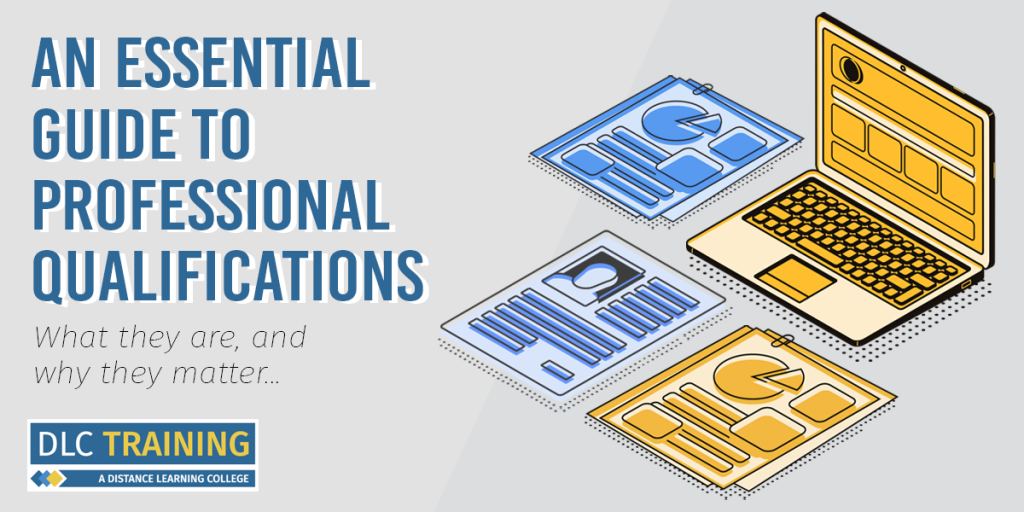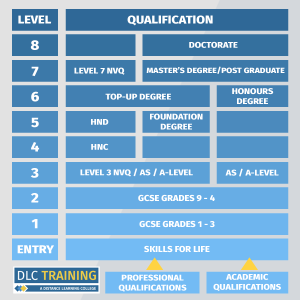Although many people’s first thoughts about further education revolve around colleges and universities, there are actually two key types of qualifications available; academic qualifications and professional qualifications.

Academic qualifications involve studying at a college or a university. These qualifications are usually theory-based and you don’t require experience within the field to be able to complete them.
Professional qualifications involve studying with an institute. They are usually a combination of theory and knowledge-in-practice, to prepare learners for a role within that area or industry. This route is beneficial for learners who want to work while studying, to be able to utilise their new knowledge within their working environment.
Institutes that provide professional qualifications are industry-specific. For example, the Chartered Institute of Procurement and Supply (CIPS) specialises in procurement, and the Institute of Supply Chain Management (IoSCM) specialises in supply chain management. It’s common for employers to expect employees to have membership with their industry-specific institute, so it’s always good to do your research and know what institute your skills and profession belong to.
The Benefits of Studying Professional Qualifications
- Provides you with skills you can use within the working environment
- Gives you a more in-depth understanding of the area/industry you would like to work in
- Can be studied in many different ways including online and supported distance learning, classroom and blended learning
- Tends to be more cost-effective than the academic route
- They are fully flexible so you can study while working full-time or part-time
- Makes it easier to obtain professional membership with the institute
Both types of qualification are accredited by regulated awarding bodies, so no matter which route you decide to take you will achieve a recognised qualification that can be utilised on your CV.
Qualification Grading
Professional qualifications are graded by level, for example, Level 1, Level 2, and Level 3. Academic qualifications are slightly different, with specific terminology for each level, such as GCSE, A-Level and Degree.

The image shows what level of professional qualification you would need to study for your preferred level of academic study. For example, if you are looking to complete a professional qualification in line with a degree, you would need to consider a Level 6 course.
Should I Study a Professional Qualification?
In a nutshell, yes! Professional qualifications combine the standards of academic qualifications with the practical elements required to develop your knowledge and skills within the working environment. So not only will you have gained a qualification that is noteworthy on your CV, but you will also be prepared to get straight to work in your chosen industry. Learn more about the advantages and disadvantages of academic and professional qualifications.
To understand more about professional qualifications, speak with our course advisory team today. You can contact the team by calling 0800 012 6770, emailing info@dlctraining.co.uk. You can also click on the chat button on any page of our website to speak with us.
All of our online courses at DLC Training are provided by accredited bodies that specialise in their field and industry. Develop your career skills with us today.